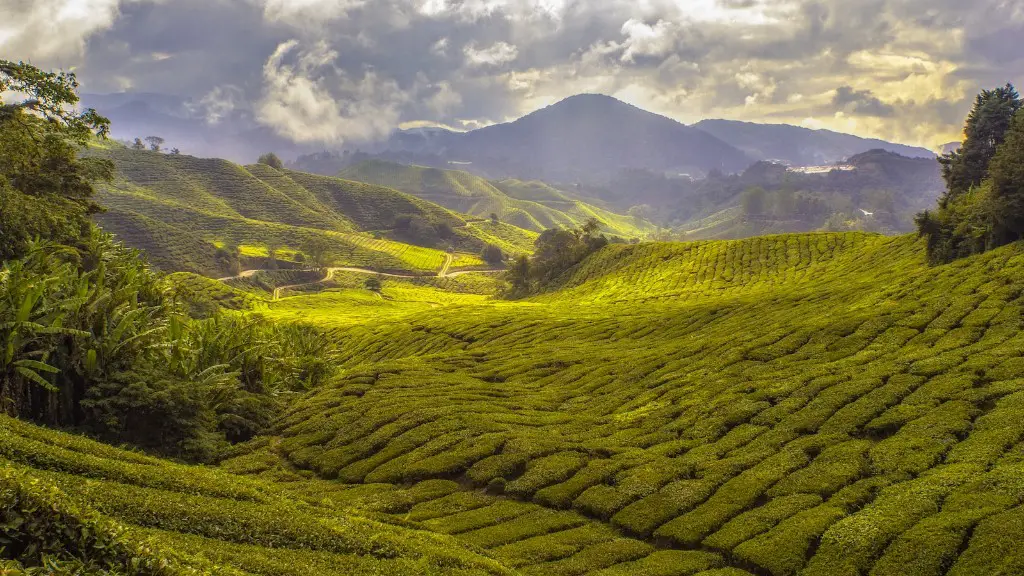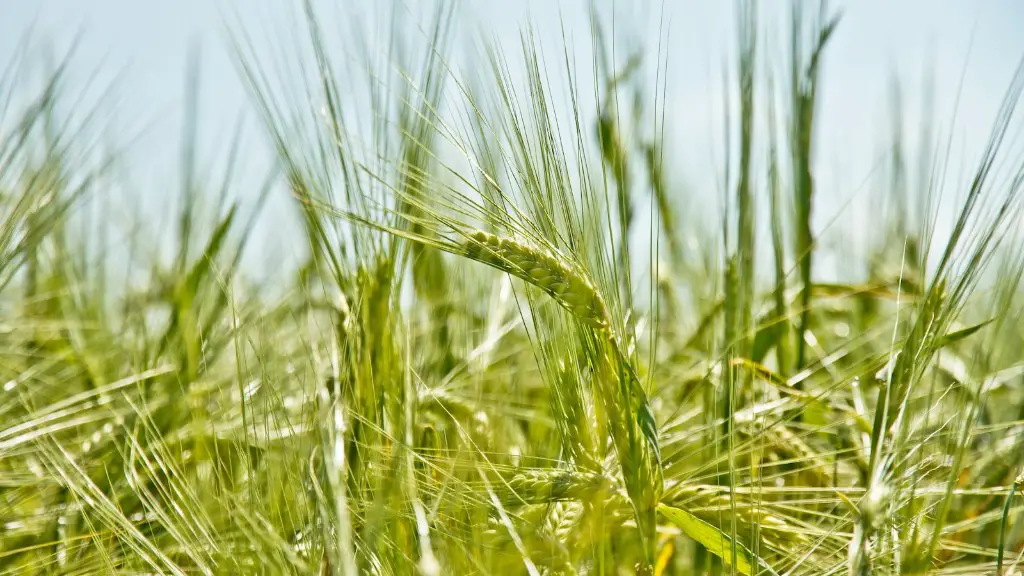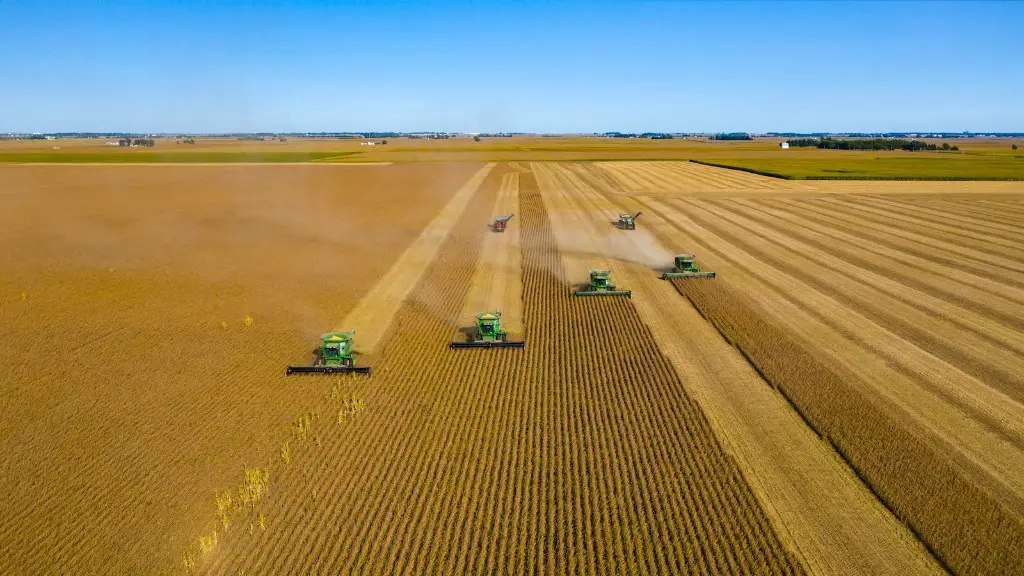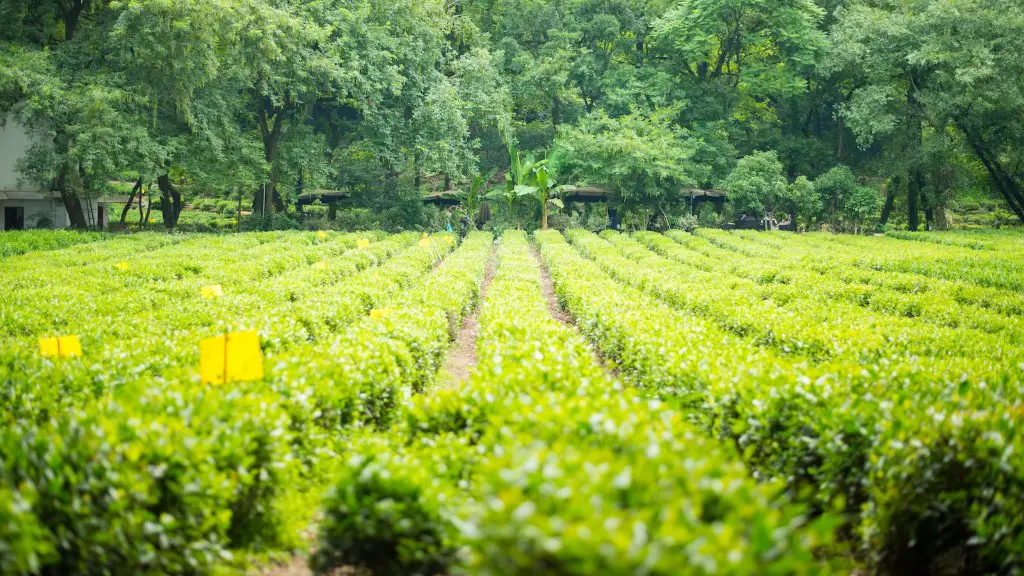Food preservation is an essential process for maintaining food quality and safeguarding the agricultural sector. By preserving food, farmers are able to prevent wastage, maximise the benefits from their crop yield, and make the most of their products. It also helps to ensure that grocery shelves don’t run empty. Here are some key reasons why food preservation is important for agriculture.
1. Economics
Food preservation is a cost-effective solution for agribusinesses. By preserving the food they grow, they can reduce production costs, source cheaper raw materials and avoid unnecessary spending on storage and distribution. This increases the profits earned by farmers, helping to sustain the agricultural sector in the long run.
In addition, food preservation allows agribusinesses to increase their production yields and create more value-added products. This also creates job opportunities in the agricultural sector, boosting economic growth.
2. Nutrition
Preservation helps to ensure that nutritious food is available for consumers all year round, regardless of seasonal changes. By preserving food items such as fruits, vegetables and snacks, farmers can guarantee that the product remains fresh and edible for longer periods of time, ensuring that people have access to nutrient-rich food.
In addition, food preservation helps to protect the environment by reducing food wastage. By choosing to preserve their products, farmers are able to reduce food waste and prevent it from ending up in landfills, thus helping to preserve the planet’s natural resources.
3. Food Safety
Food preservation plays an important role in safeguarding the safety of food products. By preserving food, farmers can prevent spoilage and food-borne illnesses, protecting consumers from health risks. It also helps to reduce the risk of contaminants entering the food chain and creates safer working conditions for workers in the agricultural sector.
Furthermore, food preservation is vital to maintaining the quality of the food produced – by preserving the food, farmers are able to lock in flavor and freshness, ensuring that consumers get the best quality products.
4. Sustainability
Food preservation plays an important role in promoting sustainable agriculture. By preserving the food grown on farms, farmers are able to reduce wastage, preserve resources and reduce their environmental footprint. It also helps to support sustainable production methods by encouraging farmers to use energy and water efficiently.
In addition, food preservation helps to reduce food waste, which is an important step towards achieving sustainable development goals. By preserving the food they produce, farmers are able to make the most of their harvest, resulting in long-term economic, social and environmental benefits.
5. Global Trade
Food preservation is essential for the global trade of food products. By preserving the food, farmers can extend the shelf life of their products and ensure that they stay fresh for longer periods of time. This helps to ensure that food products can travel longer distances, connecting the world’s markets and providing a wider variety of food items for consumers.
Furthermore, food preservation helps to keep food products safe during transportation, thus avoiding any health risks associated with the transport of food. This allows farmers to export their food items to a wider market, potentially generating more profits for their businesses.
6. Security
Food preservation is an important tool for safeguarding food security. By preserving the food they grow, farmers can ensure that they have enough food to last through times of drought, famine and other natural disasters. It helps to secure access to food for those living in remote areas, and it can help prevent malnutrition and starvation.
In addition, food preservation contributes to global food security by ensuring that nutritious, affordable food is available for everyone, regardless of where they live. This helps to create a more equitable, secure and prosperous world.
7. Education
Food preservation is also an invaluable teaching aid for farmers. By preserving the food they grow, farmers can gain a better understanding of food production and how their actions affect the environment. This will help them to make better choices for their businesses and ensure that their farming practices are sustainable for future generations.
In addition, food preservation provides an opportunity for farmers to learn more about the food supply chain, giving them the skills and knowledge needed to become successful agribusinesses. This is an essential step towards creating thriving agricultural communities and bolstering the agricultural sector.



